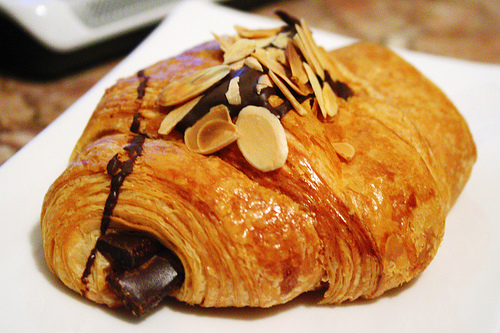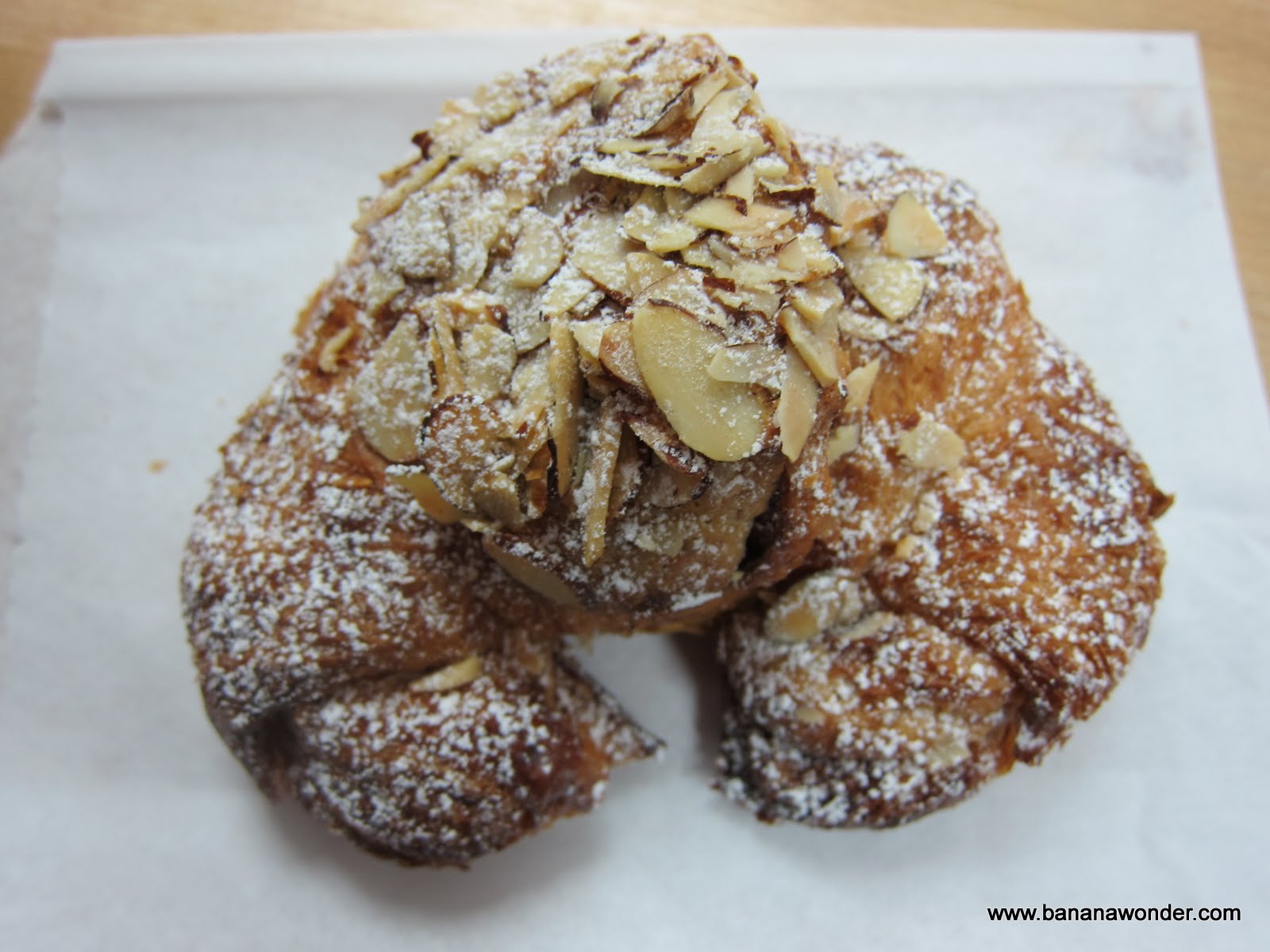Anadama Bread. The story is that it was invented on this island. There used to be a factory in this town that made it. Now it is only made by local bakers. It's a heavy molasses bread.
We buy the frozen dough from a local baker and bake it the morning we serve it.
From Wikipedia: It is not readily agreed exactly when or where the bread originated, except it existed before 1850 in Rockport, Massachusetts. It is thought to have come from the local fishing community,[1][2] but it may have come through the Finnish community of local stonecutters.
Near the turn of the 20th century, it was baked by a man named Baker Knowlton on King Street in Rockport, Massachusetts and delivered in a horse-drawn cart to households by men in blue smocks. In the 1940s, a Rockport restaurant owned by Bill and Melissa Smith called The Blacksmith Shop on Mt. Pleasant St. started baking the bread for their restaurant in a small bakery on Main St. They baked about 80 loaves a day until 1956, when they built a modern $250,000 bakery on Pooles Lane. They had 70 employees and 40 trucks which delivered Anadama bread all over New England.
The Anadama bread center of consumption was in Rockport and next-door Gloucester, Massachusetts. It was commercially available from local bakeries widely on Cape Ann from the early 1900s until 1970, when the Anadama Bread Bakery on Pooles Lane in Rockport closed due to Bill Smith's death. For a number of years, it was baked by small local bakeries at breakfast places on Cape Ann.
From atasteofhistory.com
This soft, comfortingly sweet, cornmeal-and-molasses bread has a colorful history. For years, New Englanders have passed down two stories that attempt to explain the meaning of this bread’s unique name. Both revolve around a fishing village household. The first tells of a Gloucester, Massachusetts, fisherman, whose wife, Anna, prepared nothing for him to eat but a bowl of cornmeal and molasses. Desirous of something different to eat, one day he added yeast and flour to his daily gruel, in an attempt to create a tasteful bread. So frustrated was he in this endeavor that he grumbled, “Anna, damn her!”
A similar but more endearing story tells of a sea captain whose wife, Anna, was quite a good baker and renowned for her cornmeal and molasses bread. New England lore suggests that upon her death her gravestone read, “Anna was a lovely bride, but Anna, damn ’er, up and died.”.




















![Bed & Breakfast Tracker Plus [Download]](https://m.media-amazon.com/images/I/51m1WPxMV7L._SL500_.jpg)


![Bed & Breakfast Tracker Plus for Mac [Download]](https://m.media-amazon.com/images/I/51iSnnH5vmL._SL500_.jpg)








